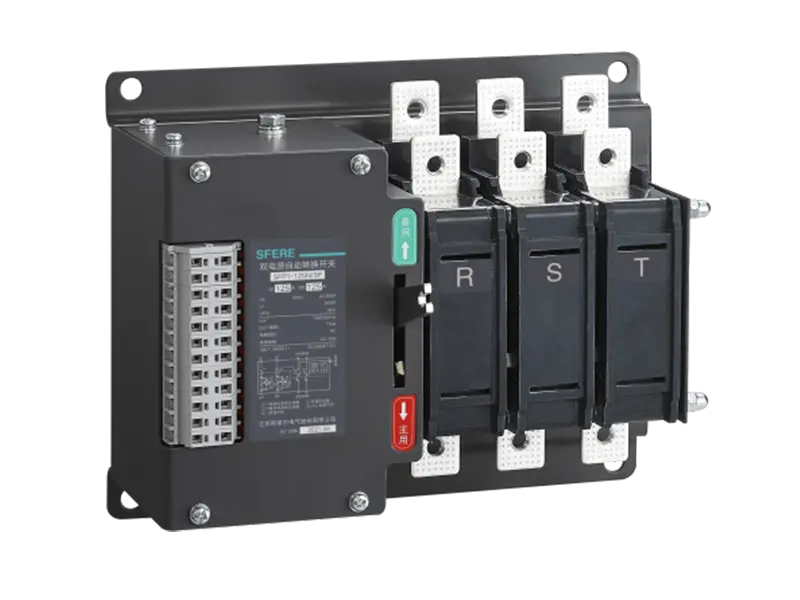Definition and Functions of Electronic Communication Gateways
An electronic communication gateway, also known as an inter-network connector or protocol converter, is a key device in modern communication technology. It acts as a bridge between different networks, making communication between these networks more convenient and efficient. The main functions of a gateway include protocol conversion, address translation, routing, and security checks. It can convert one communication protocol into another, enabling seamless communication between different networks. Additionally, a gateway can ensure fast and stable data transmission and guarantee network security.
Types of Electronic Communication Gateways
Based on their functions, gateways can be divided into three types: routing gateways, application gateways, and conversion gateways. Routing gateways are primarily used for routing data packets, supporting various routing protocols like static and dynamic routing. Application gateways mainly handle application-layer protocol conversions, such as converting between HTTP, SMTP, FTP, and other application protocols. Conversion gateways are designed to convert different network protocols, with their primary function being to transform data packet formats into those recognizable by the target network.
Application Scenarios of Electronic Communication Gateways
Gateways are widely used in electronic communications. They play a crucial role in connecting and communicating between an enterprise's intranet and the public network. Additionally, different subnets within an enterprise also require routing gateways for communication. In home networks, home routers are common gateway devices that connect internal devices to the public network. In power automation systems, communication gateways play an important role in converting various communication protocols and enhancing the timeliness of data transmission.
Development Trends of Electronic Communication Gateways
With the continuous development of internet applications, gateways, as key network devices, are also evolving and upgrading. Future gateways will become more intelligent, efficient, and secure. For example, intelligent gateways can implement autonomous security measures like automatic routing and self-defense, offering higher reliability and self-repair capabilities in network security protection. Additionally, with the widespread adoption of Internet of Things (IoT) technology, the role of gateways in connecting IoT devices and data transmission is also becoming increasingly important. They will become core devices in the IoT ecosystem, facilitating the collection, storage, analysis, and application of device data, thus providing enterprises with comprehensive data support and decision-making bases.













































 CN
CN EN
EN
 fr
fr  de
de  es
es  it
it  ru
ru  ar
ar  vi
vi  tr
tr  th
th 



